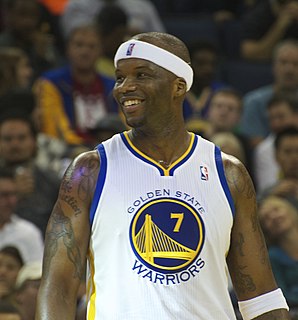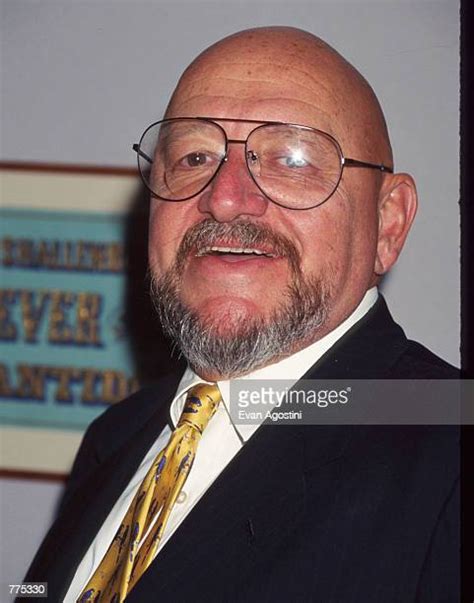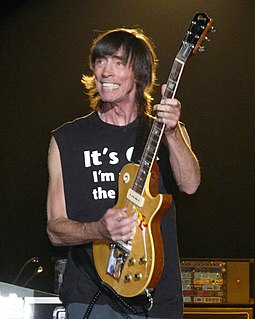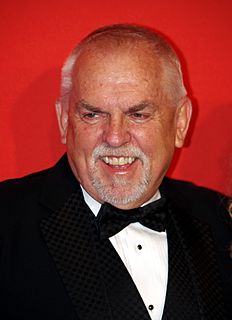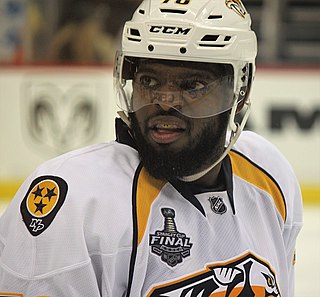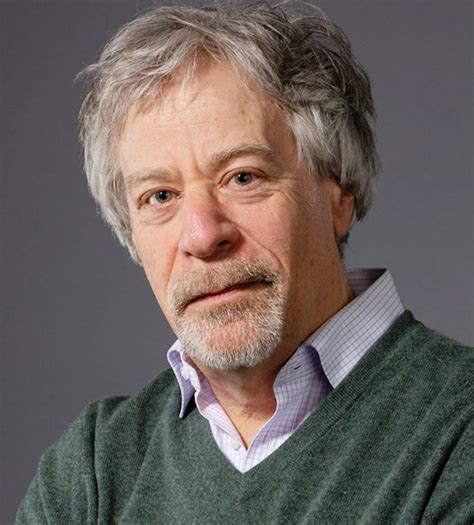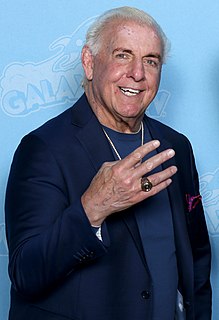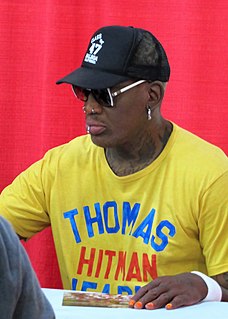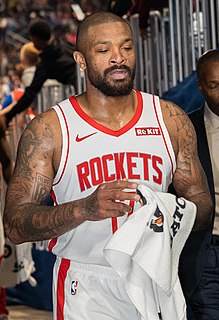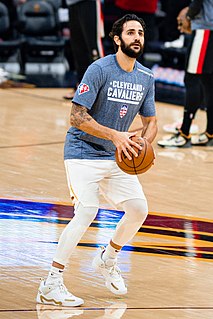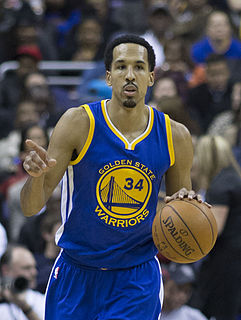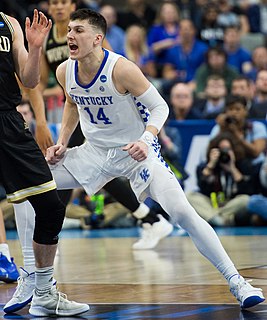A Quote by Jermaine O'Neal
Related Quotes
I had written a book called "Boston Boy" some years ago, and that took me from the time I could speak, I guess, in Boston through the time when I finally left to come to New York. One was understanding and coping with anti-Semitism. Boston, at the time, was the most anti-Semitic city in the country. And I found out when I was an adolescent that you have to be crazy to go out after dark all by yourself; you'd get your head bashed in.
To walk in money through the night crowd, protected by money, lulled by money, dulled by money, the crowd itself a money, the breath money, no least single object anywhere that is not money. Money, money everywhere and still not enough! And then no money, or a little money, or less money, or more money but money always money. and if you have money, or you don't have money, it is the money that counts, and money makes money, but what makes money make money?
If money doesn't come with misery, then it's not at all interesting and it's not at all fair. It seems if you have all this money, and no misery, you're really in a world of unalloyed happiness, and that seems to violate some deep principle of universal justice. We tend to live in a culture now where people have unbelievable, inconceivable amounts of money without any kind of remorse.
Education is the lifeline of the city of Boston in a lot of ways, as far as preparing and educating young people for the future. So when we think about that - I would love to have the $25 million dollar investment we made up to close the gap on charter schools. I'd love to make that investment in a different part of the school system if we could. The money that we're trying to adjust on transportation, I would love to, if we can save money in transportation - that's not going to be a savings, that's going to come into the general fund, that's going to be reinvested in the school.
All Boston songs are fairly difficult to translate to the stage. None of them are especially easy to play or sing. A lot of them, of course, have very involved arrangements with lots of different sounds and sections that are difficult to play and sing. The prospect of doing any Boston song live is always an endeavor in itself.
